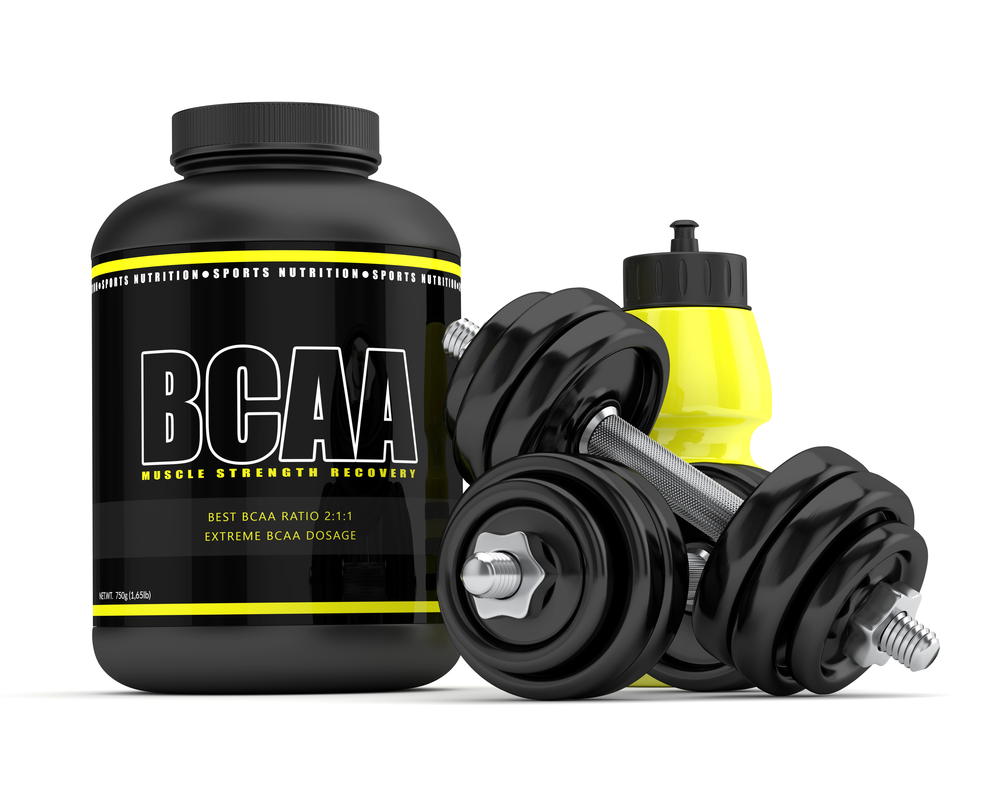 What is Exercise Science?
What is Exercise Science?
In exercise science, you study movements and the functional responses and adaptations that go with it.
Exercise science aims to help people understand the connections between fitness, exercise, diet, and health. Finally, the discipline offers a scientific approach to studying how exercise and the human body interact to comprehend the physiology of exercise and its benefits and outcomes.
This is a wide word that covers a variety of jobs aimed at improving health and wellness. Athletes, PE teachers, strength trainers, and fitness advisors are examples of people working in exercise science. Exercise science is a growing subject that offers associate, bachelor, master, and doctoral degrees.
Exercise Science: How is it Different?
Exercise science is often confused with kinesiology and exercise physiology. While they all promote wellbeing, these three disciplines have distinct focuses and professional pathways. Because exercise science is a vast field, it does not require the same emphasis on science studies as kinesiology and physiology.
Kinetics studies human function and performance. Graduates can pursue orthopedics, physical therapy, occupational therapy, or sports instruction. Kinesiology investigates human movement in athletics and everyday life, whereas exercise science studies movement during exercise.
However, exercise physiology focuses on analyzing and improving health through exercise. Exercise physiologists are the ones who do fitness exams by evaluating oxygen levels, heart rate, and other indicators. Exercise physiology is a subset of exercise science and is sometimes offered as a degree specialization.
Exercise physiologists work for sports teams, gyms, government agencies, and colleges. They can even get master’s or doctoral degrees to become physical or occupational therapists.
Exercise Science 101
Exercise Science combines kinesiology and exercise physiology. That knowledge is used to create exercise routines that promote health and assist customers in achieving their fitness objectives. Exercise science can sometimes include sports nutrition.
An exercise science degree can lead to employment as a personal trainer, fitness consultant, athletic trainer, or strength coach and advanced degrees in exercise-related fields.
Courses in an Exercise Science Program
An associate’s or bachelor’s degree in exercise science requires a mix of theory and application courses. Anatomy, physiology, chemistry, and physics are common subjects in exercise science. These scientific courses can help you understand how exercise affects the body. They’re also excellent preparation for a career in a specific sector like physical therapy.
This includes courses in strength and conditioning, kinesiology, physiology. Courses in kinesiology and exercise physiology usually don’t go as deep as courses required for a degree. They provide a strong foundation if you choose to pursue one of these careers.
What Is an Exercise Science Degree Good For?
A bachelor’s degree in exercise science opens doors to many promising careers. Because individuals will always seek ways to improve their health beyond traditional medicine, most professions have enormous future promise.
Fitness consultant – If you enjoy teaching and have a degree in exercise science, you may enjoy this job. Fitness consultants can also operate as personal trainers. After gaining expertise as a trainer, you may work freelance with individual customers.
Virtual training is a way for fitness consultants to earn money. Videos and other resources regarding training and wellness may help them build a positive reputation. They can then offer seminars or personalized exercise plans to clients.
Coach – Working as a coach can be rewarding, especially if you are a competitive athlete. A degree in exercise science will assist prepare you for coaching and make you stand out as an application. You can help each athlete on your squad attain their full potential with a degree. Coaches’ pay varies depending on the institution, sport, and team’s competitiveness.
Exercise or Sports Physiologist – No special degree is required to be an exercise or sports physiologist. Like an athletic trainer, an exercise or sports physiologist focuses on biometrics. Exercise physiologists analyze and monitor a patient’s health as they exercise. They frequently work in hospitals, rehab facilities, and sports teams.
Physical Therapy Assistant or Rehabilitation Tec – With a degree in exercise science, you can work as a physical therapy assistant or rehabilitation technician while pursuing your physical therapy degree. With an exercise science degree, you can assist a physical therapist or rehabilitation specialist in monitoring patients’ exercise regimens. A physical therapist usually prescribes the exercises, and a PT assistant can work directly with the patient. PTAs make an average of just under $60,000 per year.
Spa Manager – Exercise science is at its core about feeling better, which is in line with what spa managers aim to do. This job path is ideal for those who enjoy the hospitality and have strong business skills.
Athletic Trainer – Athletic trainers work with an institution or a sports team to diagnose, treat, and prevent injuries. An athletic trainer is usually the first on the field after an injury.
They can help stabilize an injury and treat it depending on its severity. Sports trainers also conduct workshops on athletic training and injury prevention.
What Can I Do With a Master’s or Ph.D.?
You can pursue an advanced degree in exercise science after getting a bachelor’s degree. A bachelor’s degree in exercise science might prepare you for a master’s degree in physical therapy, exercise physiology, or occupational therapy. Depending on your path, you might be able to work in one of these fields:
Physician Assistant – If you enjoy both the medical and fitness fields, you may wish to become a physician assistant. This profession allows you to provide primary care alongside doctors. You can even prescribe drugs.
A sophisticated form of personal training, physical therapy is a specialty. With a master’s or doctorate in physical therapy, you may create customized exercise programs to assist patients in regaining strength and healing ailments.
Occupational therapist (OT) – OT is similar to PT. But these therapists support patients with everyday activities. One can attend an occupational therapist to understand and practice navigating their new environment—occupational therapists aid people with mental and physical health difficulties, including children and the elderly.
Chiropractors can treat Non-surgical spine and nerve disorders. Chiropractors typically hold a doctorate. A bachelor’s degree in exercise science might help you get basic information for a chiropractor degree program.
What Certifications Are Available?
Depending on your job goals, you may or may not need specialist certification. These credentials can show potential employers that you can succeed in the workplace and clients that you are ready to assist them.
Unlike many other areas, exercise science offers a wide range of credentials.
The American Council on Exercise (ACE) offers a variety of certifications. If you want to work in personal training or as a fitness consultant, the ACE personal trainer certification is recognized by many gyms. An exercise professional, health coach or group fitness instructor can be certified.
Accreditation by the American College of Sports Medicine (ACSM). The ACSM certifies personal trainers, exercise physiologists, and group fitness instructors. A bachelor’s degree in exercise science, kinesiology, or exercise physiology is required. The qualification helps you stand out in the field.
National Academy of Sports Medicine (NASM) – If you wish to provide nutrition and fitness programming, you may want to consider the NASM nutritional coaching certification. This group also certifies personal trainers and group fitness instructors. It also offers a new indoor cycling instructor certification.
If you want to help individuals achieve their fitness goals, you don’t have to go to the field or the gym. That you can train people in various water activities is an Aquatic Fitness Professional certification. You don’t need a degree to get certified, but you should study hard because the exam is difficult.
NSCA Strength and Conditioning Specialist – For those who desire to concentrate on strength and conditioning coaching after graduation, the NSCA Strength and Conditioning Specialist certification is a great option. Even if you have an exercise science degree, you must be certified to operate as a strength and conditioning coach. The NSCA can also qualify you as a personal trainer.
The NSCA certifies tactical strength and conditioning. This qualification will prepare you to teach fitness to military, police, fire and rescue professionals, and other first responders. For jobs working with unique populations, such as those with disabilities, obtaining a Special Population Specialist can prepare you.
American Fitness Association (AFAA) specializes in group fitness instructor credentials. You can train to teach sunrise yoga, indoor cycling, Zumba, and other classes. The same goes for nutritionists. If you want to take more than one exam, the AFAA provides discounted package pricing.
A degree in exercise science is an excellent first step for anyone who enjoys being active and wants to utilize their expertise to help others. Plus, this degree can lead to a range of employment in the health and fitness business.




